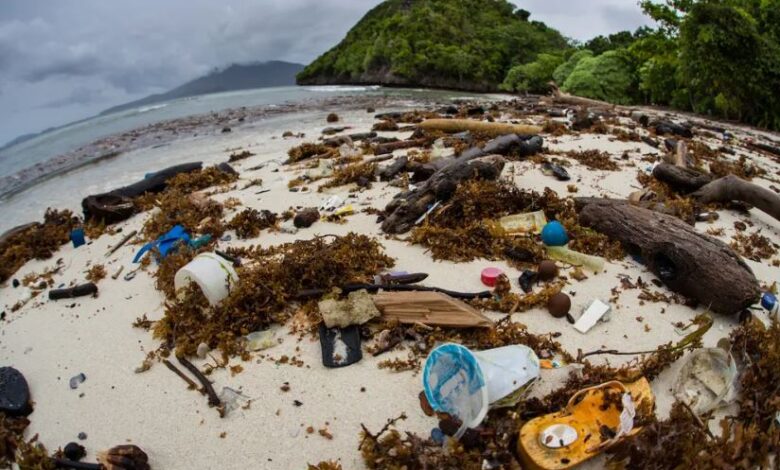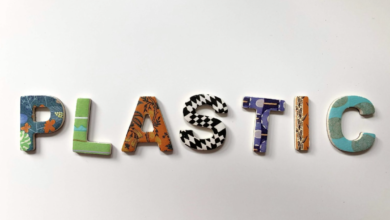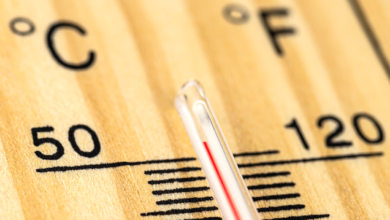Blocks of plastiglomerate threaten the tropical coast
Better disposal of plastics in urban areas can reduce the problem of plastiglomerate
In coastal areas of some parts of the world, plastic waste is collected and burned directly on site. A process that produces blocks of plastiglomerate, a kind of artificial rocks. In these aggregates is melted not only plastic, but also natural components such as coral fragments and sand.
A new study has now shown, using field samples from Indonesia, that plastiglomerate represents a greater environmental risk for coastal ecosystems such as seaweed prairies, mangroves or coral reefs. Molten plastic, in fact, decomposes more quickly into microplastics and is also contaminated with organic pollutants. The incomplete combustion process also frees new pollutants from plastic that are released into the environment. These contaminants often have a higher ecotoxicological relevance than mother plastics, are potentially bioavailable, and therefore can end up in the food chain.
The research work, published in Nature, was made possible thanks to funding from the German Academic Exchange Service (DAAD) and cooperation between BRIN and scientists in the priority research area Kiel Marine Science (KMS) at the University of Kiel. The researchers collected 25 samples of plastiglomerate from the beaches of the island of Panjang, on the western side of the Indonesian island of Java, they analyzed them in the laboratory and showed that they could be classified as potentially carcinogenic to humans.
In the future, many coastal ecosystems and tropical waters off Indonesia and around the world will be affected by plastiglomerate.
Studies already show that organic pollutants are also transferred to corals or other marine organisms and can therefore have a negative impact on ocean health. Further studies are also looking at other ecosystems such as seagrass beds, mangroves or sediment-dwelling organisms. Specific coastal management and upstream work are needed to combat the spread of these toxic plastic blocks. Better disposal of plastics in urban areas is in fact the best solution to prevent the serious problem.






